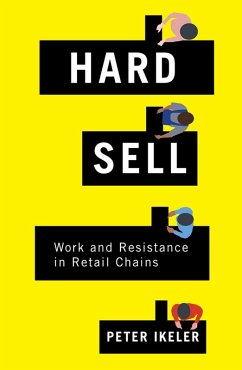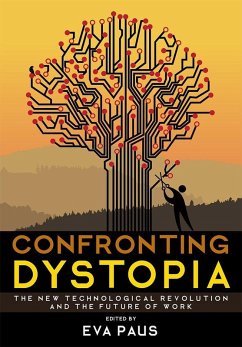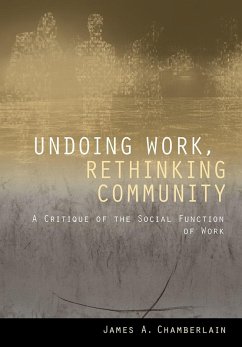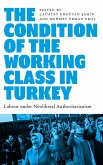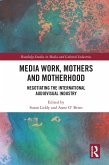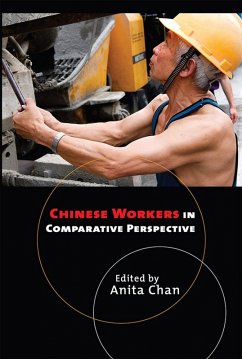Along with fast-food workers, retail workers are capturing the attention of the public and the media with the Fight for $15. Like fast-food workers, retail workers are underpaid, and fewer than 5 percent of them belong to unions. In Hard Sell, Peter Ikeler traces the low-wage, largely nonunion character of U.S. retail through the history and ultimate failure of twentieth-century retail unionism. He asks pivotal questions about twenty-first-century capitalism: Does the nature of retail work make collective action unlikely? Can working conditions improve in the absence of a union? Is worker consciousness changing in ways that might encourage or further inhibit organizing? Ikeler conducted interviews at New York City locations of two iconic department stores-Macy's and Target. Much of the book's narrative unfolds from the perspectives of these workers in America's most unequal city.When he speaks to workers, Ikeler finds that the Macy's organization displays an adversarial relationship between workers and managers and that Target is infused with a "teamwork" message that enfolds both parties. Macy's workers identify more with their jobs and are more opposed to management, yet Target workers show greater solidarity. Both groups, however, are largely unhappy with the pay and precariousness of their jobs. Combined with workplace-generated feelings of unity and resistance, these grievances provide promising inroads to organizing that could help take the struggle against inequality beyond symbolic action to real economic power.
Dieser Download kann aus rechtlichen Gründen nur mit Rechnungsadresse in A, D ausgeliefert werden.

